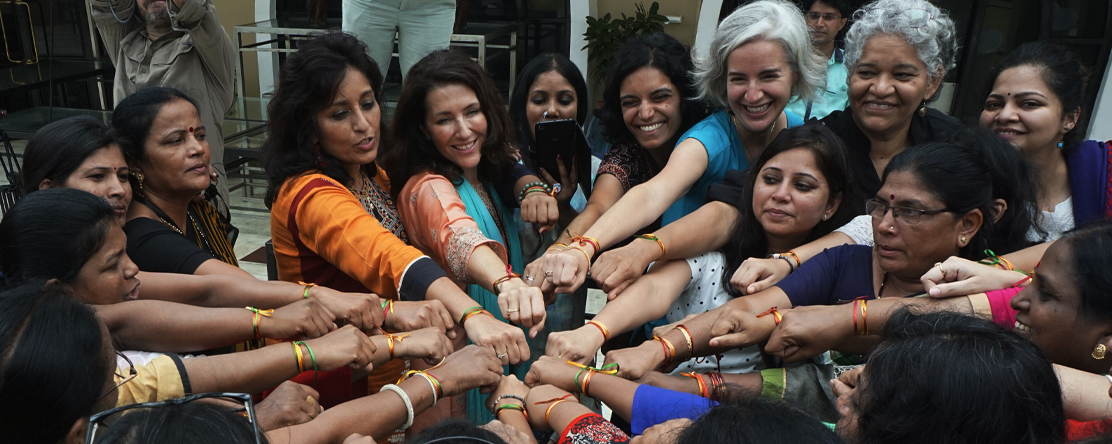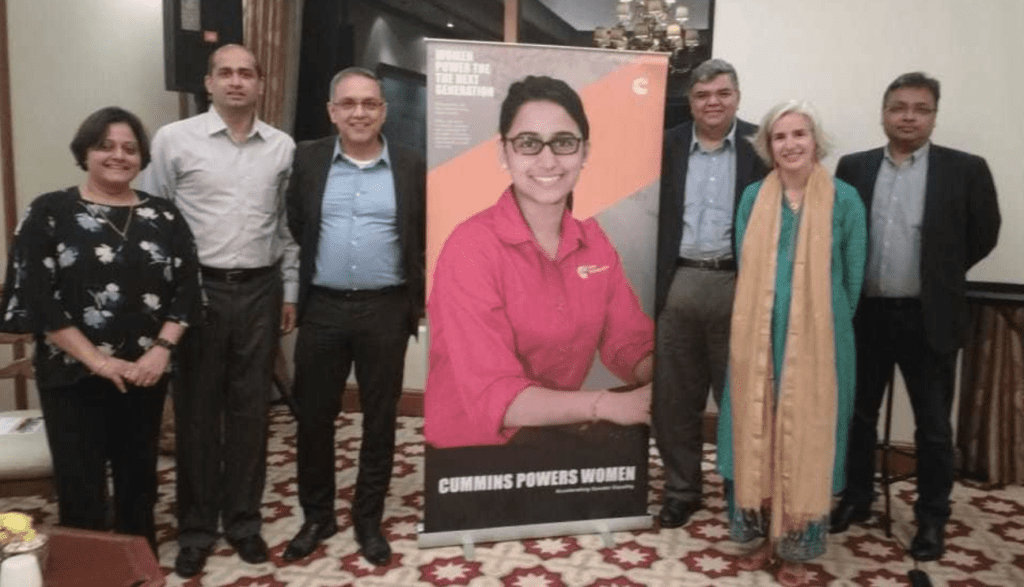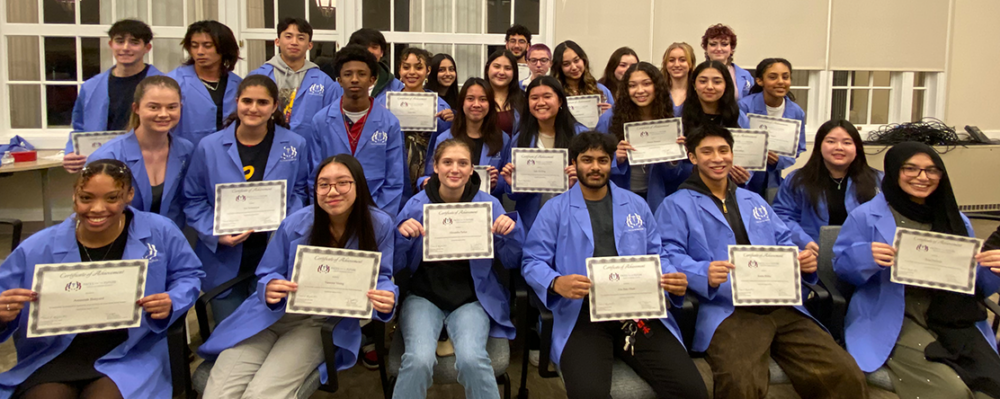
Update
The Economics of Gender Equity in India
-
Focus Areas
Global Health, Healthy Communities, Women, Youth & Children -
Issues
Reproductive & Sexual Health, Violence Prevention, Workforce Development -
Programs
Rise Up

India was recently named the world’s fastest-growing large economy and is projected to become the fifth largest economy overall by 2020. Yet India’s economic growth is limited by widespread gender inequality, violence, and cultural norms that devalue women’s roles in society and in the workforce. India was recently named the most dangerous country in the world for women, and one Indian woman is raped every 13 minutes.
In the face of these challenges, Indian women and girls are creating their own solutions to drive change. On a trip to India last month, I saw the powerful ways in which Indian leaders are mobilizing their communities to advocate for economic justice and gender equity. Since 2014, Rise Up has worked in India activating girls, youth, and women to transform their lives, families, and communities, and we are now launching two new initiatives to take this powerful work to the next level.Gender inequality in India bars many women from entering the formal workforce, and fears of sexual violence are even driving women out of the workforce. Consequently, India is one of the only countries in the world where the female employment rate has fallen in recent years, dropping from the already low rate of 35% in 2005 to only 26% today.
 Through the Collective Impact Partnership (CIP), we are partnering with How Women Lead, Public Health Institute, Global Fund for Women, and World Pulse, to increase the economic power of women and girls in India. I attended the first CIP convening in July, where I met 22 powerhouse women leaders who are advocating for economic justice for girls and women in India. Although these women come from diverse backgrounds, they are unified by a deep passion to transform the economic realities facing girls and women in their communities.
Through the Collective Impact Partnership (CIP), we are partnering with How Women Lead, Public Health Institute, Global Fund for Women, and World Pulse, to increase the economic power of women and girls in India. I attended the first CIP convening in July, where I met 22 powerhouse women leaders who are advocating for economic justice for girls and women in India. Although these women come from diverse backgrounds, they are unified by a deep passion to transform the economic realities facing girls and women in their communities.
These inspiring activists are advocating for women’s land rights, access to credit, safety and security, and job training to ensure that Indian girls and women have the resources they need to escape poverty. The CIP leaders and their organizations will receive training, funding, resources, and access to digital networks to advocate for laws, policies, and improved policy implementation to advance economic justice and gender equality at local, state, and national levels.
Rise Up is also partnering with Cummins Powers Women to invest in the vision of Indian leaders who are advocating for gender equity, education, social justice, and opportunity for girls and women. We are currently selecting our first cohort of Indian leaders to participate in this powerful new Gender Equity Initiative, building on the work we have already launched with Cummins in Mexico, Nigeria, and Kenya.
 Through our Cummins partnership, I met with 18 Indian CEOs to discuss the importance of investing in girls and women. I was impressed by their commitment to advancing gender equity in India – both for the sake of their companies and for their country. They understood that gender inequality is a multifaceted problem that inhibits female workforce participation, prevents companies from achieving their potential, and limits India’s economic growth – citing research by the McKinsey Global Institute demonstrating that India could increase national GDP by $770 billion by 2025 by advancing gender equity.
Through our Cummins partnership, I met with 18 Indian CEOs to discuss the importance of investing in girls and women. I was impressed by their commitment to advancing gender equity in India – both for the sake of their companies and for their country. They understood that gender inequality is a multifaceted problem that inhibits female workforce participation, prevents companies from achieving their potential, and limits India’s economic growth – citing research by the McKinsey Global Institute demonstrating that India could increase national GDP by $770 billion by 2025 by advancing gender equity.
Several of the CEOs told me that tackling gender inequality has to be a top priority and that 2014 legislation mandating that companies give 2% of their net profits to charitable organizations has provided even greater incentive for Indian companies to invest in gender equality.
So while the obstacles to gender equity are daunting, I was impressed by the widespread commitment to addressing these challenges – both to improve the lives of girls and women and to enable India to reach its full potential. From the women activists who are mobilizing their communities to the CEOs who are investing their resources, India’s leaders are tackling gender inequality – from the grassroots to the C-suite.
Originally published by Originally posted on Rise Up's blog
More Updates
Work With Us
You change the world. We do the rest. Explore fiscal sponsorship at PHI.
Support Us
Together, we can accelerate our response to public health’s most critical issues.
Find Employment
Begin your career at the Public Health Institute.



